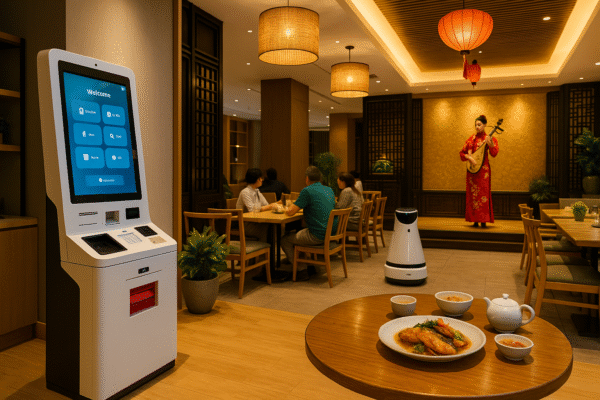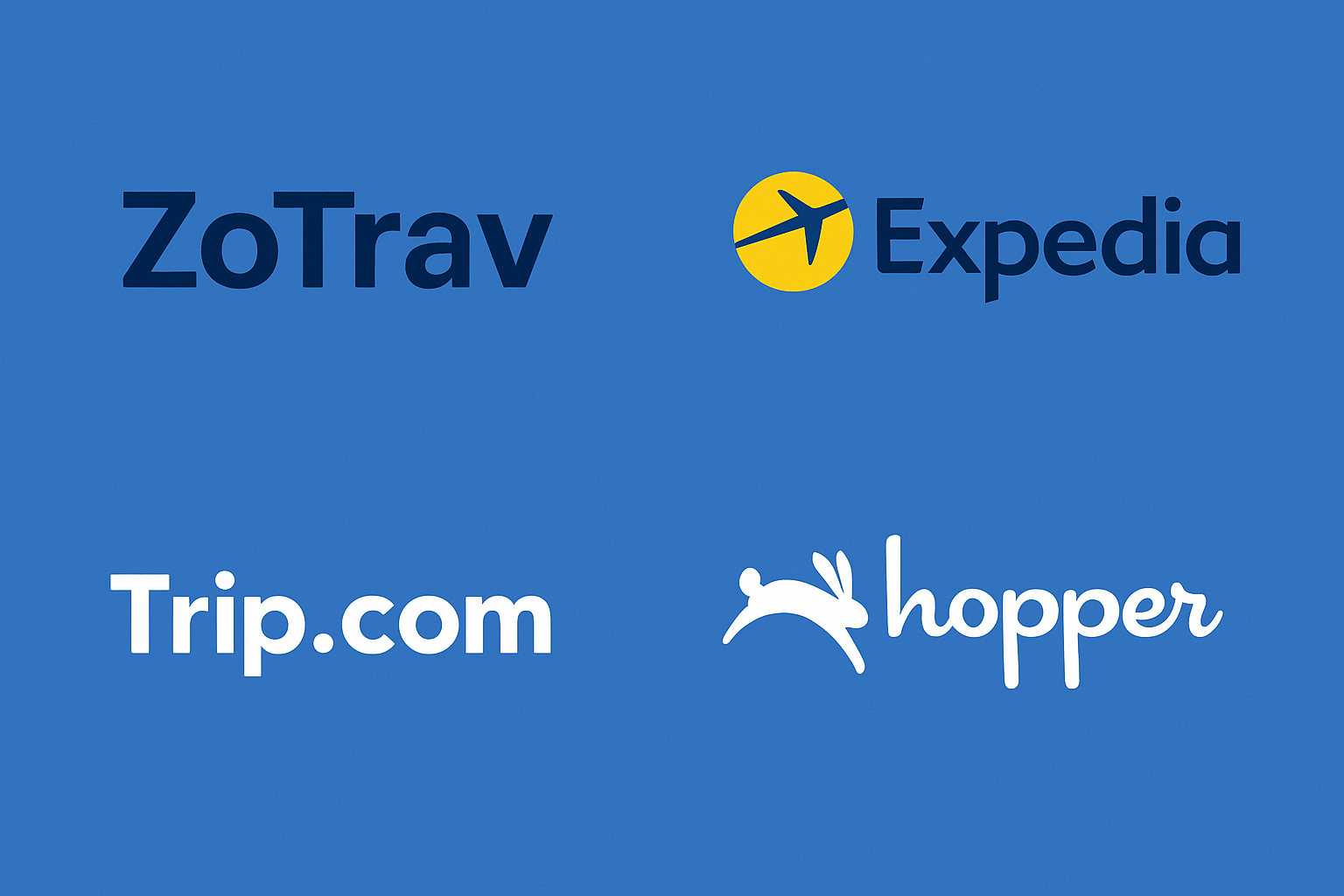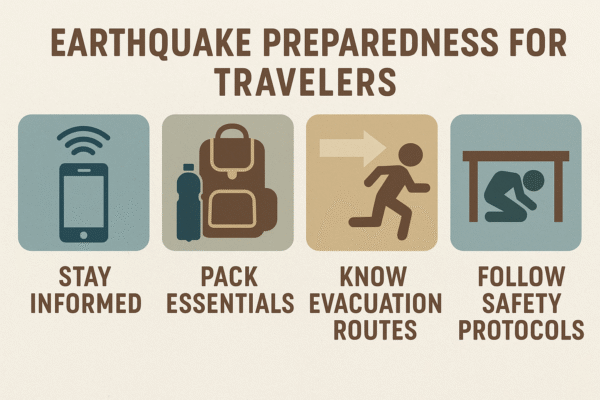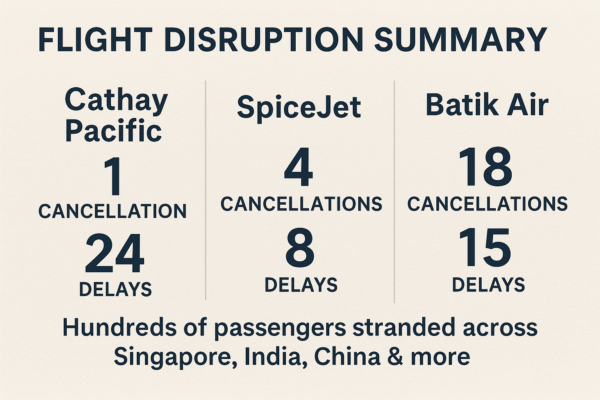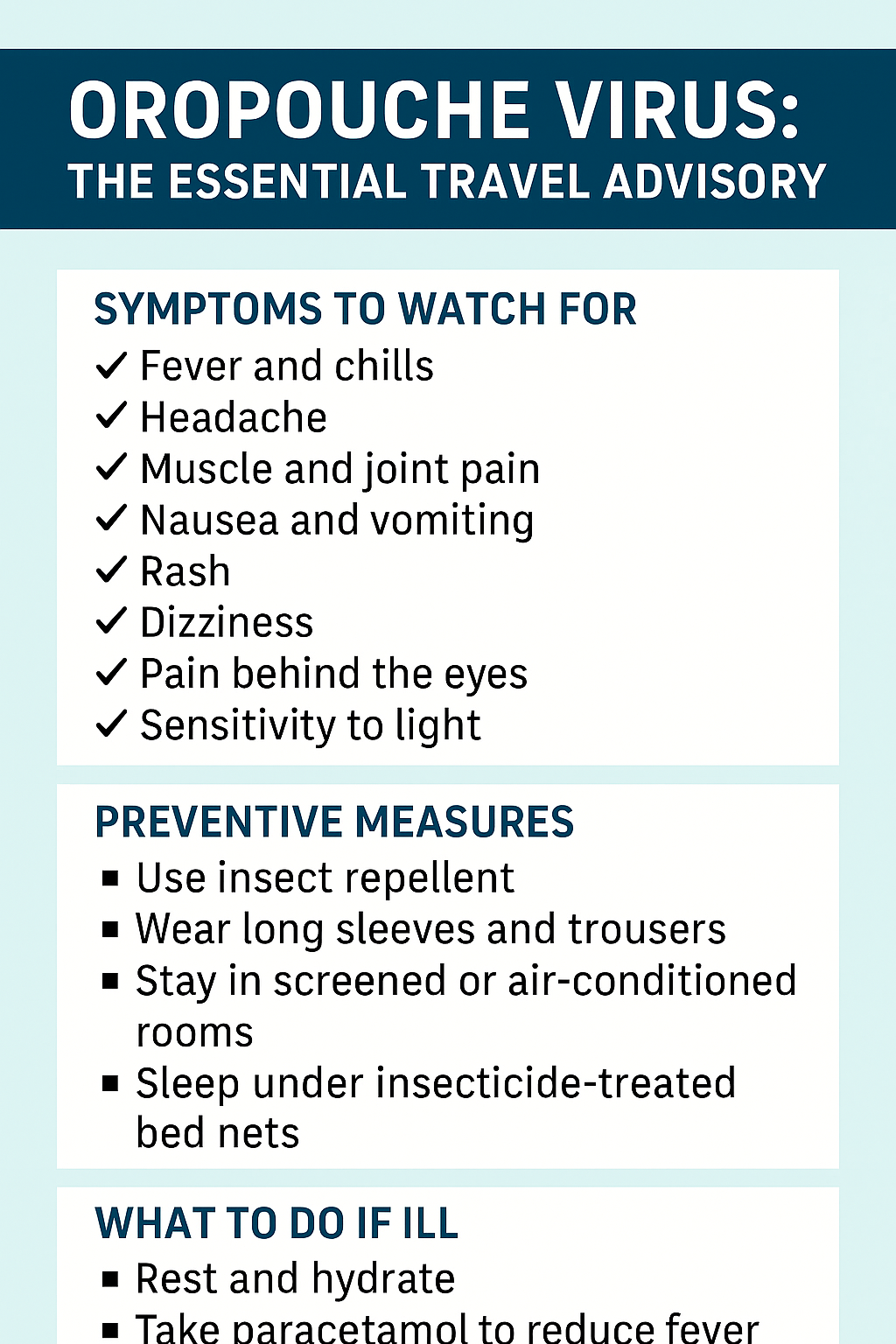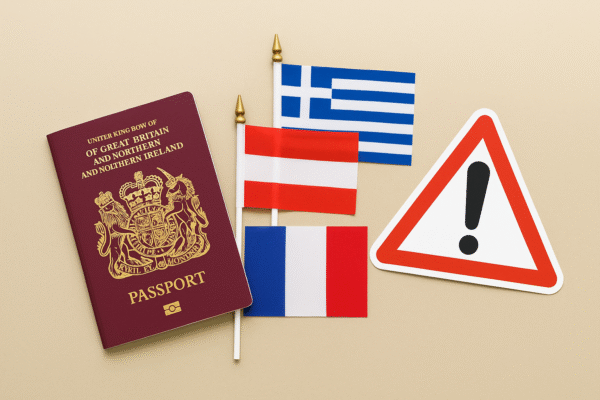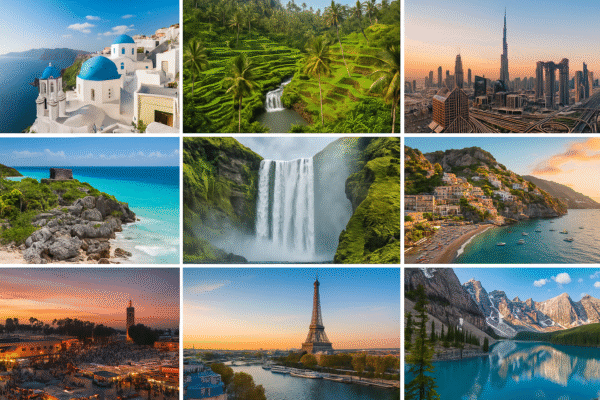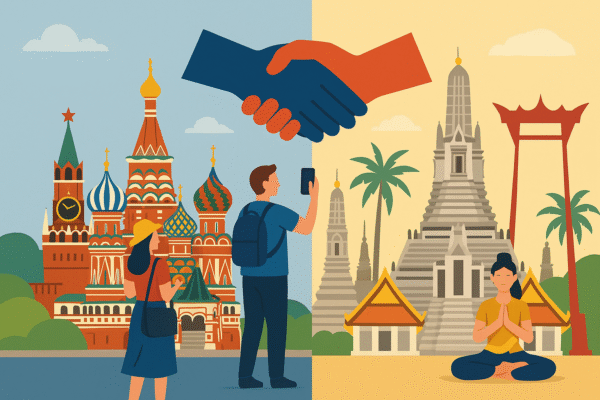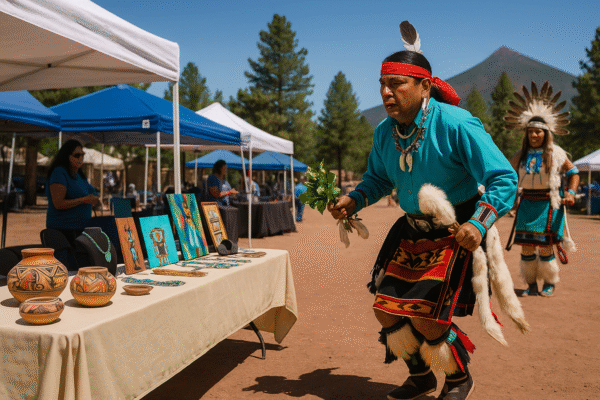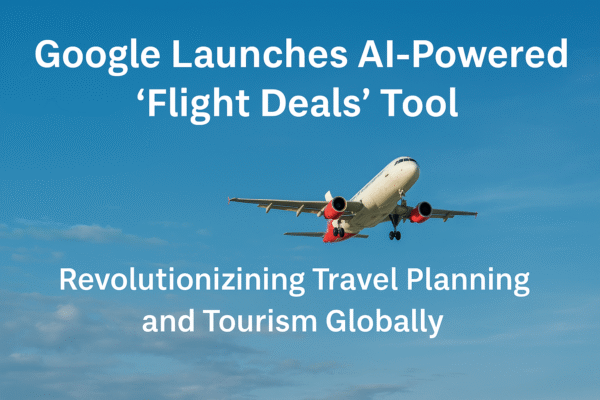Imagine stepping into a hotel lobby in Paris, Tokyo, or Cape Town, and instead of checking in at the desk, a friendly chatbot on your phone does it in seconds—sets up your airport transfer and recommends a great local bistro—before you even unpack your suitcase. That’s AI already at work in tourism, transforming how we plan and experience travel. But what does AI mean for tourism careers? Will it replace those warm smiles at the front desk, or free them to focus on what truly matters—genuine human connection?
According to a G7/OECD policy paper, and new research from Microsoft, AI isn’t here to eliminate tourism jobs. Rather, it’s reshaping roles, automating routine tasks, and creating space for workers to deliver richer, more meaningful experiences.
1. OECD & G7: AI as a Tool for Sustainable Tourism
A recent OECD policy paper underscores the importance of guiding AI adoption responsibly (§OECD 2024) Instagram+11Travel And Tour World+11The Economic Times+11OECD+2IDEAS/RePEc+2. Key pillars include:
- Innovation with safeguards: Use AI to craft personalized itineraries and manage overtourism, while enforcing robust data protection.
- Inclusive access: Ensure local SMEs also benefit from AI, through training and funding.
- Sustainability focus: AI must not scale up carbon emissions; it should help optimize energy use, manage visitor distribution, and promote eco-tourism practices.
These frameworks aim to keep human and environmental well-being at the core of AI-driven tourism.
2. Microsoft Data: Who’s Most at Risk (and Who Isn’t)
Microsoft’s latest research, analyzing over 200,000 Bing Copilot interactions, reveals which roles AI is most likely to transform—and which will remain secure OECDIT Pro+3Investopedia+3The Times of India+3:
Most vulnerable jobs:
- Translators/interpreters
- Travel customer service agents
- Sales representatives
- Writers and historians
These are largely information-based roles where AI can highly overlap with human tasks.
Roles with more security:
- Field tour guides
- Cultural interpreters
- Hospitality hosts
- Jobs requiring emotional intelligence, creativity, and real-time interaction
Notably, Microsoft emphasizes that AI complements rather than replaces these roles, shifting rather than eliminating duties bitget.com+14Barron’s+14en.wikipedia.org+14InvestopediaFortune+1.
3. The Human Element Remains Irreplaceable
Despite AI’s expanding capabilities, tourism’s heartbeat continues to be human. A chatbot cannot replicate the warmth of a concierge who shares a heartfelt travel memory. A virtual tour can’t evoke the connection forged by a local guide recounting oral history at a sacred site.
As tourism leaders in Jamaica note, human empathy, spontaneity, and cultural authenticity remain irreplaceable—AI should enhance, not overshadow, these core values.
4. Aligning Smarter Destinations with Heart
AI’s strengths—like predicting visitor flows and promoting off-peak attractions—make destinations smarter and more sustainable. But the soul of travel endures in its human expression.
AI opens new paths—the emergence of roles such as:
- Experience Designers blending technology with storytelling
- Sustainability Coordinators using AI to monitor ecological impacts
- Cultural Interpreters who serve as living bridges to heritage
AI frees workers from routine tasks, empowering these uniquely human roles to shine.
5. Policies Should Guide the Transition
Guiding principles from the OECD call on governments to:
- Support reskilling tourism workforces for the AI age
- Offer AI infrastructure and legal guidance to small operators
- Develop ethical frameworks that preserve local culture, equity, and environmental safeguards
Smarter policy means workers and communities can adapt and thrive amid this technological shift.
6. A Balanced Future: AI in the Backstage, Humans Center Stage
Tourism will not be defined by AI or machines—it will be defined by people, enriched by AI. AI will handle logistics, efficiency, and personalization. Meanwhile, hospitality professionals will bring warmth, storytelling, and genuine connection to the forefront.
The message is clear: tourism’s next chapter isn’t AI versus humans—it’s AI empowering humans to create more meaningful travel experiences.
Final Thoughts
Artificial intelligence in tourism is here—and its impact is profound. But rather than replacing the human touch, AI gives professionals the tools to rediscover what makes travel memorable. As AI becomes a backstage ally, tourism evolves into a stage where human empathy, cultural insight, and personal connection remain the main act.
AI can book your flight, customize your room, and guide your itinerary—but it will never replace the spark of human connection that makes wanderlust magical.
For more travel news like this, keep reading Global Travel Wire

